Dominic Johnson
Principal Investigator - University of Oxford
Dominic D. P. Johnson is Alastair Buchan Professor of International Relations and Fellow of St. Antony’s College at the University of Oxford. He received a DPhil from Oxford in evolutionary biology, on the evolution of social behaviour in mammals, and later a PhD from Geneva University in political science. Drawing on both disciplines, he is interested in how insights from the life sciences can improve our understanding of the evolution and behaviour of human beings, as well as the groups, organizations, and states to which we belong.
His most recent book, Strategic Instincts: The Adaptive Advantages of Cognitive Biases in International Politics (Princeton University Press, 2020), challenges the common view that human "cognitive biases" are unfortunate errors or mistakes of the brain that lead inevitably to policy failures, disasters, and wars. Rather, it argues they are adaptive heuristics that evolved because they helped us make good decisions, not bad ones. Under the right conditions, these “strategic instincts” continue to lend a competitive edge in conflict and cooperation. His previous books are, God is Watching You: How the Fear of God Makes Us Human (Oxford University Press, 2015), which examines the role of religion in the evolution of cooperation, and how cross-culturally ubiquitous and ancient beliefs in supernatural punishment have helped to overcome major challenges of human society. Failing to Win: Perceptions of Victory and Defeat in International Politics (Harvard University Press, 2006), with Dominic Tierney, examines how and why popular misperceptions commonly create undeserved victories or defeats in international wars and crises. Finally, Overconfidence and War: The Havoc and Glory of Positive Illusions (Harvard University Press, 2004), argues that common psychological biases to maintain overly positive images of our capabilities, our control over events, and the future, play a key role in the causes of war.
Dominic’s new project, Gods of War, explores the effects of religious beliefs and practices in crises, conflict, and war. A sequel to the earlier book on religion and cooperation (within-groups), this one looks at religion and conflict (between-groups). Now looking at the other side of the coin, but again from an evolutionary and behavioural sciences perspective, it asks: How and when does religion help people persevere against the odds, sometimes even lending a competitive edge? And is religion more effective at doing so than secular alternatives?

